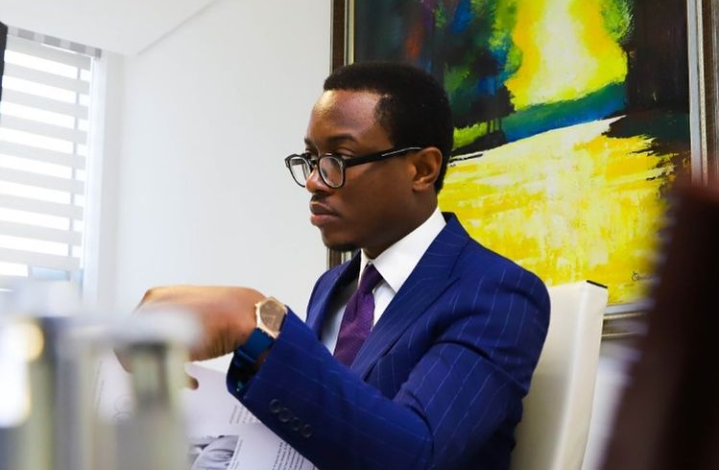
For all the ambition that has long swirled around regional integration in West Africa, the reality has remained underwhelming. Trade among ECOWAS member states still lags just below 10%. In an era where continents compete not just on GDP but on supply chains, self-reliance, and economic coherence, that figure is a quiet indictment. At the West Africa Economic Summit (WAES) 2025 in Abuja, we saw a region no longer content with aspiration alone. President Bola Ahmed Tinubu, both host and the then ECOWAS Chairman, set the tone from the outset. “Intra-regional trade remains under 10 per cent… a challenge we can no longer afford to ignore. The global economy will not wait for West Africa… neither should we.” This was not another echo chamber of intentions. It was a summit where delivery was non-negotiable. Nigeria laid its cards on the table through a $15 billion investment pipeline focused squarely on trade-enabling infrastructure from roads, power, and industrial corridors, to digital frameworks.
The Lagos–Abidjan highway project gained renewed momentum. A dedicated deal room facilitated over $400 million in advanced transactions. And the Pan-African Payment and Settlement System (PAPSS) is finally moving from pilot to real-world scale.
Perhaps most crucially, the summit underscored that integration cannot happen without identity. As Abisoye Coker-Odusote, CEO of Nigeria’s National Identity Management Commission, said, “Our markets are bustling, our people are trading, but our systems are not speaking to each other.” Her call for cross-border digital identity recognition wasn’t just technical policy. It was a demand to unlock the informal economy that sustains millions.
WTO Director-General Ngozi Okonjo-Iweala echoed the urgency, noting that the region could unlock a $500 billion trade potential. But trade is not just about volume. It is about velocity. How quickly goods, services, payments, and people can move without friction. And that requires more than declarations. It requires the deliberate dismantling of invisible walls between neighbours. WAES 2025 did more than identify the problem. It mapped the solution. Customs harmonisation. Coordinated investment in infrastructure. Youth-focused supply chain finance. A digital ecosystem that finally connects the dots between markets.
President Tinubu’s closing challenge captured the moment succinctly. “Let us move from declarations to concrete deals… build a West Africa that is investable, competitive, and resilient,” President Bola Tinubu said. If the region rises to meet this challenge, WAES 2025 will not merely be remembered as a conference. It will be remembered as the turning point where West Africa stopped trading with hesitation and started trading with purpose.
